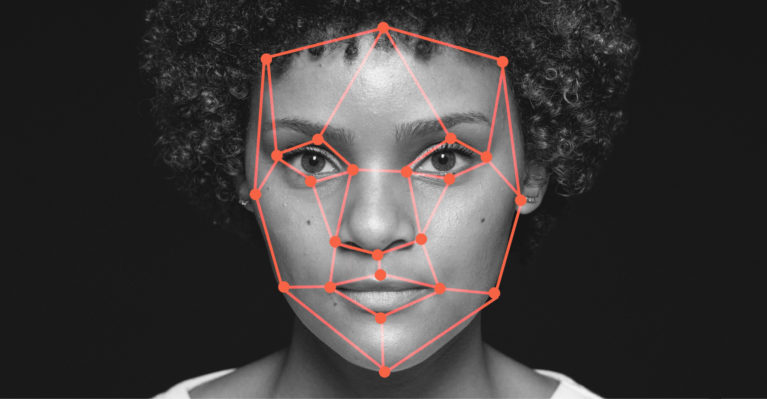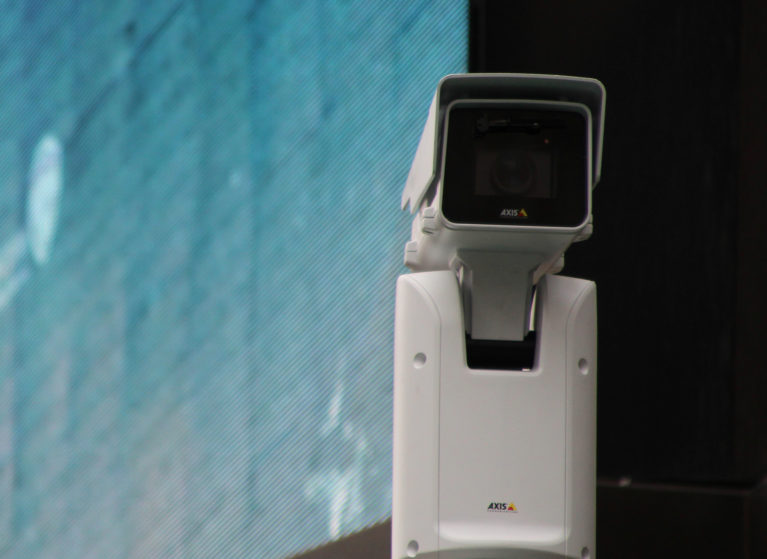Facial recognition
Liberty fights for facial recognition ban following court ruling
Posted on 04 Sep 2019
- Court says facial recognition interferes with our privacy rights but is currently lawful
- Liberty client to appeal decision as campaign continues for outright ban
- Petition to ban facial recognition attracts more than 5,000 signatures in first week
Liberty is fighting for an outright ban on intrusive and discriminatory facial recognition technology after the High Court found its use by South Wales Police is currently lawful.
Cardiff resident Ed Bridges, represented by Liberty, challenged South Wales Police at a judicial review in May. It was the world’s first legal challenge to police use of the mass surveillance tool.
In a judgment handed down today, the Court said facial recognition interferes with the privacy rights of everyone scanned by a camera, and 500,000 people may have been scanned by South Wales Police.
The Court found the current legal framework governing facial recognition to be adequate, but said that it would have to be subject to periodic review.
Liberty is campaigning for a ban on the authoritarian surveillance tool. The human rights organisation renewed those calls today as its petition calling for the Government to act passed 5,000 signatures in less than a week.
Megan Goudling, Liberty Lawyer said: “This disappointing judgment does not reflect the very serious threat that facial recognition poses to our rights and freedoms. Facial recognition is a highly intrusive surveillance technology that allows the police to monitor and track us all. It is time that the Government recognised the danger this dystopian technology presents to our democratic values and banned its use. Facial recognition has no place on our streets.”
Ed Bridges said: “South Wales Police has been using facial recognition indiscriminately against thousands of innocent people, without our knowledge or consent. This sinister technology undermines our privacy and I will continue to fight against its unlawful use to ensure our rights are protected and we are free from disproportionate government surveillance.”
The Case
The Court highlighted that facial recognition, as used by South Wales Police:
- Interferes with the privacy rights of everyone who is scanned, whether or not they are on a watchlist or if their data is stored.
- Goes much further than taking a photograph as it involves processing people’s “unique” and “intrinsically private” biometric information, like fingerprints or DNA.
- Is currently governed by a lawful framework, but this must be “subject to periodic review in the future.”
- Involves the processing of sensitive, personal data of everyone who is scanned, not just those on a watchlist. The police must comply with safeguards in data protection legislation when processing everyone’s data.
Ed Bridges will appeal the judgment, seeking a ruling that South Wales Police’s use of facial recognition is unlawful.
South Wales Police has been at the forefront of using facial recognition technology, and was funded by the Home Office to trial its use. It has used the technology in public spaces on over 60 occasions since May 2017, and the Court pointed out that around 500,000 people’s faces may have been scanned so far, mostly ordinary people not suspected of any wrongdoing.
On behalf of Ed Bridges, who believes his face was scanned by the cameras twice, Liberty argued that South Wales Police’s use of facial recognition technology breached the right to privacy, data protection laws, and anti-discrimination laws.
Facial recognition indiscriminately scans the faces of everyone within the camera’s range, capturing their highly sensitive biometric data without their consent – and often without their knowledge – and using that data to check their identity.
The technology is not only authoritarian, it replicates discrimination seen elsewhere in UK policing. Facial recognition disproportionately misidentifies people of colour and women. Groups already subjected to intrusive surveillance are more likely to be stopped and questioned by police.
Dan Squires and Aidan Wills of Matrix Chambers are instructed by Liberty on behalf of Ed Bridges.
Contact the Liberty press office on 020 7378 3656 / 07973 831 128 or pressoffice@libertyhumanrights.org.uk
I'm looking for advice on this
Did you know Liberty offers free human rights legal advice?
What are my rights on this?
Find out more about your rights and how the Human Rights Act protects them
Did you find this content useful?
Help us make our content even better by letting us know whether you found this page useful or not


